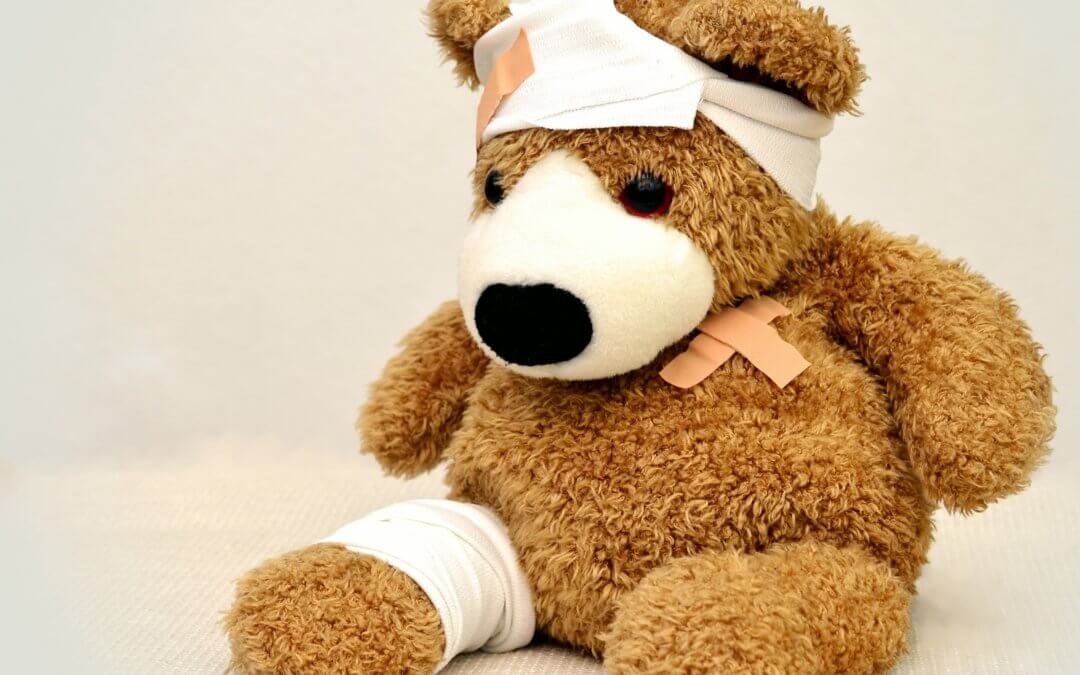
by Anastasia Chrysostom | Sep 16, 2021 | Uncategorized
by Shelida Johnson,APC
In 2018, I received a phone call from my son’s genetic team that changed my families’ life, as we know it.
I remember a voice on the other end confirming speculation around my son’s diagnosis of MPS IV.
All the information I read online began to flood my brain. It was a devastating moment to learn that your child’s prognosis was not only life-long but also progressive.
As time went on and doctor’s appointments were scheduled (physical therapy, occupational therapy, speech therapy, infusions, pulmonology, orthopedics, and many more), I watched as my resilient and outspoken son adjusted to a life slightly different from other children his age. His siblings continue to try to understand his diagnosis and frequent visits to the doctor.

I realized that my Mondays were not going back to normal. We would spend every Monday in an infusion clinic, where my son will receive the enzymes that his body currently lacks. More reports began to flood in, concerning his body and how this MPS IV manifests in patients. This was not only difficult to hear, but also difficult to explain to my child at 6, 7, and 8 years of age.
Now I must admit, in the beginning, I was stuck in feelings of guilt, sadness and worry surrounding my son’s progression in life. However, I began to find some solace in attending educational seminars, receiving support phone calls, hospital staff, that have been amazing with my son, and simply in seeing his resilience through it all.
I’m now in a stage of acceptance, but I move back and forth from acceptance, to bargaining and guilt (much like the stages of grief). However, I am hopeful whenever I see my son’s ability to laugh, play and express joy through it all.

For parents, I realize that these are beyond tough times, with mixed feelings.
We may sometimes feel guilty for even expressing these feelings, because we are not the one’s actually going through the pain (as our children are), but I’m here to say it is okay to feel what you feel.
This experience is traumatic, and it weighs heavy on our heart. We must take care of ourselves, so that we are able to take care of our little ones. In doing so, this is my request for you.
-
Identify your support system and utilize them as needed. Do not be afraid to ask for help, because this is a heavy load to carry on your own.
-
Self-Care! Remember to take time out for yourself. This may be a long evening bath after your little one is down for the evening, time out with friends (if a babysitter is available), or simply reading a book or journaling your feelings.
-
Educate yourself! Remember, you are your child’s number 1 advocate, so continue to educate yourself surrounding their diagnosis.
-
Attend a support group. If needed, take the time to attend a support group so that you have access to people who understand what you’re dealing with, talk freely about difficult feelings without judgement, and feel supported by a group of your peers.
I strive for continued growth, so that I am providing you with sound and ethical care throughout your counseling journey. To maintain this level of care, I receive continued supervision .For nearly seven (7) years, I have served both children and adults during significant transitions. My background includes grief counseling, PTSD, depression, and anxiety.
Follow us on Facebook, Instagram and Pinterest to see more advice from our therapists!
Facebook InstagramPinterest
Photo Credit, found on Pexels:
Featured Image: @Pixabay
First Blog Image: @AlexGreen
Second Blog Image: @MentalHealthAmerica

by Anastasia Chrysostom | Sep 16, 2021 | Uncategorized
by Jennifer Hama, LPC, CPCS
The brain’s way to keep you alive is to make quick
and dirty decisions.
How the Brain Works
The brain has developed quick bypasses in an attempt to keep you alive so that we can spread our genetic code. This often works to our advantage. Think about the times you have accidentally touched the stove and pulled back quickly only to realize it wasn’t on. Or that time
you jumped back from the long, slinky hose as if it were about to bite you. The brain errs on the side of speed, making quick decisions before you even realize you made a decision to move.
The Brain Isn’t as Smart as we Are
The quick and dirty method keeps us alive long enough to realize the inaccuracy of our threat assessment. A cold stove can’t hurt us but moving our hand quickly allows us to avoid possible threat of burns. The hose can’t bite, but had it been a snake, we could have prevented
a heavy dose of pain. We want the brain to err on the side of speed but it doesn’t think like we do. We have the ability to then tell ourselves it was only a hose and to take some deep breaths to reverse the effects of the sympathetic nervous system that had been quickly activated. We can tell our brain that the threat is no longer there.
So What do we Do?
- First we need to recognize that our brain’s ability to make quick and dirty decisions is a wonderfully protective mechanism.
- Second, we need to recognize that this ability can be inaccurate.
- Third, we need to examine the quick conclusions we jump to in situations.
Because
they arrive quickly, it is easy to assume the threat was real or accurate. We need to challenge quick assumptions and thoroughly think about the accuracy of the situation.
For example: Say you quickly feel disrespected in a situation with a loved one, the brain may err on the side of speed and defer to anger (the fight response) quickly. It is easy to say because you quickly got angry that in fact your loved one is a threat. This may or may not be accurate. Once safely out of the situation, it is important to thoroughly review or process the situation. Were you actually unsafe? Was your loved one intentionally trying to disrespect you? Is there a pattern of this for your loved one? A pattern of this for you? After you have challenged your assumptions, then decide if the threat response was accurate or inaccurate.
Jennifer Hama, LPC, CPCS I have a core belief that a sense of humor is essential to living a fulfilling life. And I like to recognize mine. Regularly. I hate laundry and psychobabble, but I love uncensored real talk. It’s necessary for you to know this. Also, I have a white board that I go everywhere with. While it’s entertaining to watch me roll it around the office while trying not to trip, it’s also a powerful therapy tool, helping you visualize your struggles and brainstorm solutions. I don’t do “therapy speak, ” I shoot straight, and believe in giving you practical tools to help you change your life.oes here
Learn more about Jennifer and CBT, Here
Follow us on Facebook, Instagram and Pinterest to see more advice from our therapists!
Facebook InstagramPinterest
One could argue whether or not the management ever had designs on winning in the first place, or whether they opted for a guaranteed fan draw by drafting a team filled with brawlers. Either way, one thing is clear, the Vancouver Canucks rarely, if ever, lost a fight. That dirty water then needs to be disposed of, either on the surface contaminates the soil and can have a negative effect on ecosystems or into deep wells drilled into bedrock it often leaks out into aquifers and effects the quality of surrounding water sources This must be taken into account, given that our rivers may be seriously impacted by the release of dirty saline water into their headwaters. Such pollution would destroy salmon and the economies and ecosystems which depend on them. cialispascherfr24.com Feeling is it will return more than it won come back.







Recent Comments